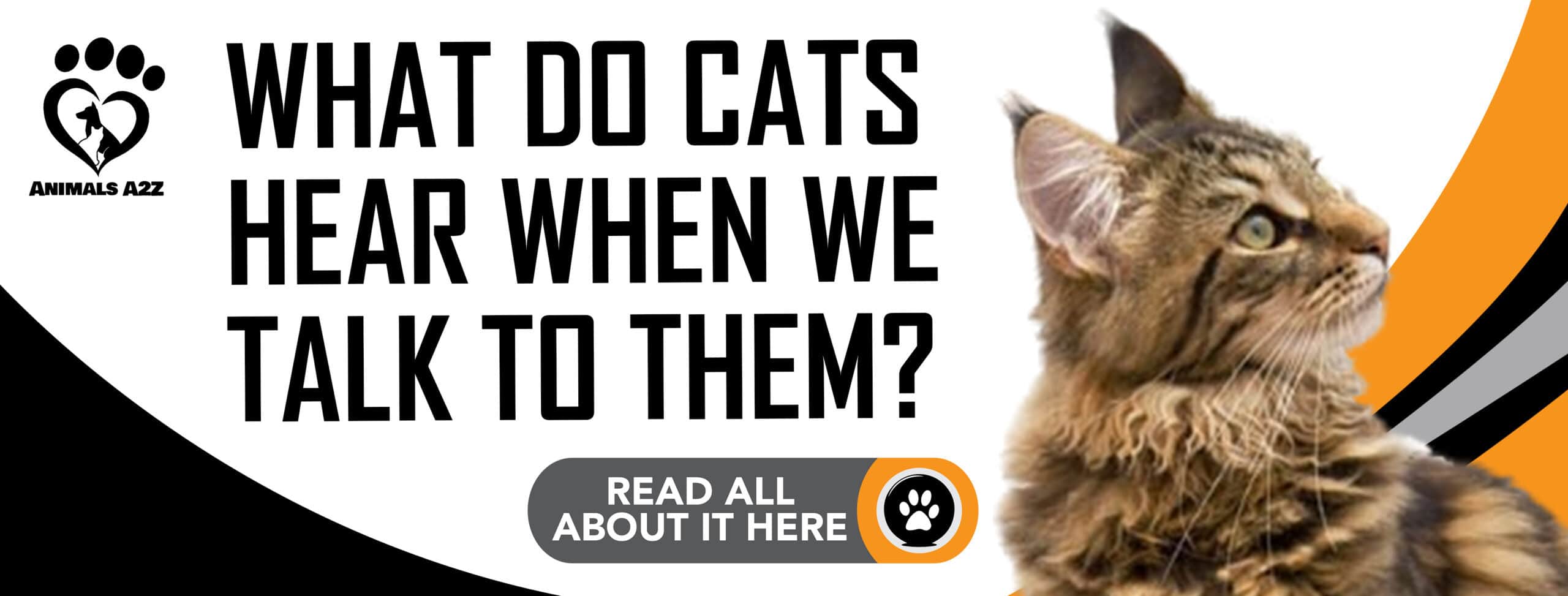If you are a softie for animals, then in several instances in your life, you have conversed with your domesticated pets like a child. Albeit being more aloof than dogs, cats are still a favored companion in many several homes across the world. More often than not, they are misunderstood and are seldom construed as a snob and housepet divas. Do you know that even when our feline friends don’t belong to the same species as us, they are still able to pick up a tremendous amount of information just by listening to our voices?
Table of Contents
Understanding Cats: How They Communicate
A study performed at the University of Tokyo in the July issue of Animal Cognition revealed that cats, when spoken to by their owners, tend to meow, purr, chirp, and even chatter back. Though for obvious reasons, felines and humans don’t share the same communication patterns. Cats still understand what their human parents tell them through facial expressions, body language, and tone of voice. When this happens, humans find the responsiveness of their pets to answer back in their own feline style.
To be understood is to understand.
- As feline parents, we need to relate and connect to our pets. This is especially important if we want to know when is the appropriate time to feed them, play with them, or understand if they are feeling ill and unwell. Giving our cats a sense of comprehension allows our pets to feel understood and give us a perception of security in our roles as their fur parents.
The cat-human connection
- There’s an unfortunate misconception that cats are cold to their owners. Much like every animal, cats, too, are playful like dogs. Keeping on with the concept to bond with your feline best friend is all about knowing how to handle them, hold them, and spending quality time together. For instance, a simple thing, just like watching your favorite TV show while your snug comfortable in your living room sofa and your kittens in your lap, makes your pet feel familiar to your presence. In return, this makes your cat more friendly and relaxed whenever you are around them.
Playtime is always fun.
- Just like humans, felines too need their alone time to recharge. Depending on your cat’s age, it’s mood and energy will vary greatly. Some cats like to be always petted, while others don’t want to be touched at all. If your cat is happy to be held and is always asking to be around you, make sure to reward it with fun playdates. This is also a great way to destress after a long exhausting day from work. Playtime with your cat can be as simple as giving them an empty box or throwing in the roll of tissue to move across the floor. Whatever is your choice of playtime toy, just remember to keep it light and fun instead of making it more of a chore for you.
[crp]
Commonly Asked Questions
How to Tell Your Cats You Love Them?
If you are brave and playful, don’t be shy to meow back. Yes, I know that sounds silly. But it requires a little bit of fun for your inner child to come out when showing your feline favorites your love. If words are not your forte, make it more evident through your actions. From a distance, stare into your cat’s eyes and slowly blink at them. If your cat blinks back at you, your furry friend told you, “I love you too”.
How To Tell If Your Cat Loves You Too?
If your cat seems to panic and runs for the cover whenever you are around, then that’s an indication of fear and anxiety. The opposite is precisely true when your cat frequently invades your personal space. For instance, if your cat likes to lay on your lap whenever you are busy working on your laptop, then it’s a clear indication that it wants your attention and wants to be showered with some love. Go ahead and rub its belly so it can let out some of its soothing purr sounds.
Does Your Cat Recognize Your Voice?
While humans can only hear 20, 000 times per second, your cat can listen to higher vibrations! That level of intensity in detecting waves makes them extra sensitive to any change in your tone and oscillations. Of course, as we don’t share the same language repertoire, cats recognize your voice not through words but also through a limited understanding of learned behaviors, such as word repetition and consequences of words that require a behavioral response.
Conclusion
Cats are loving creatures that are exceedingly affectionate towards their owners. Though limited by their use of words, felines have a wide array of body languages to support their sounds of meow, purr, or hiss. Having said that, every cat owner must understand both the verbal and non-verbal cues of feline expressions. Just like human relationships, our connections with our pets also rely on the concept of building a healthy bond through communication.


